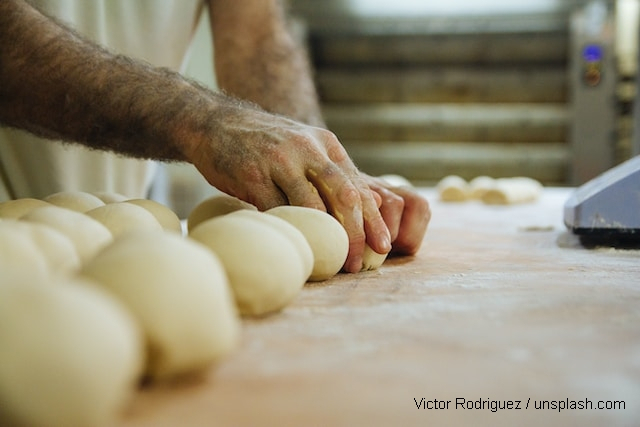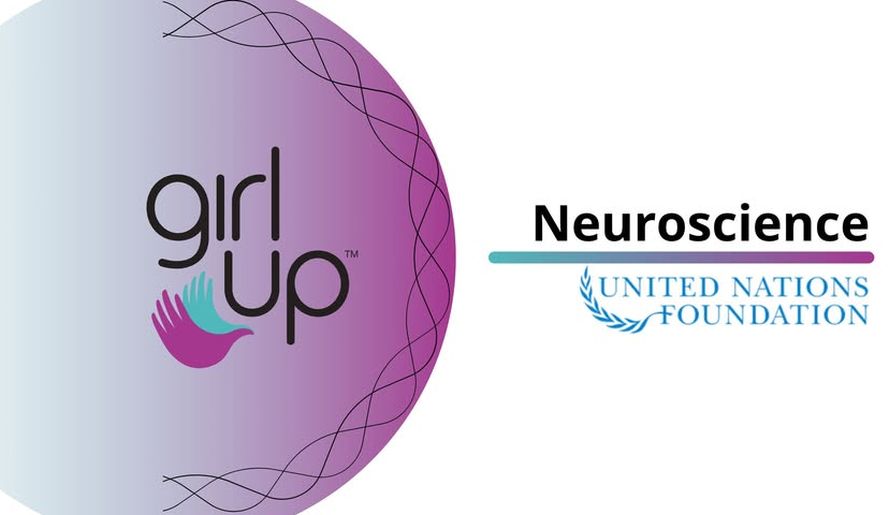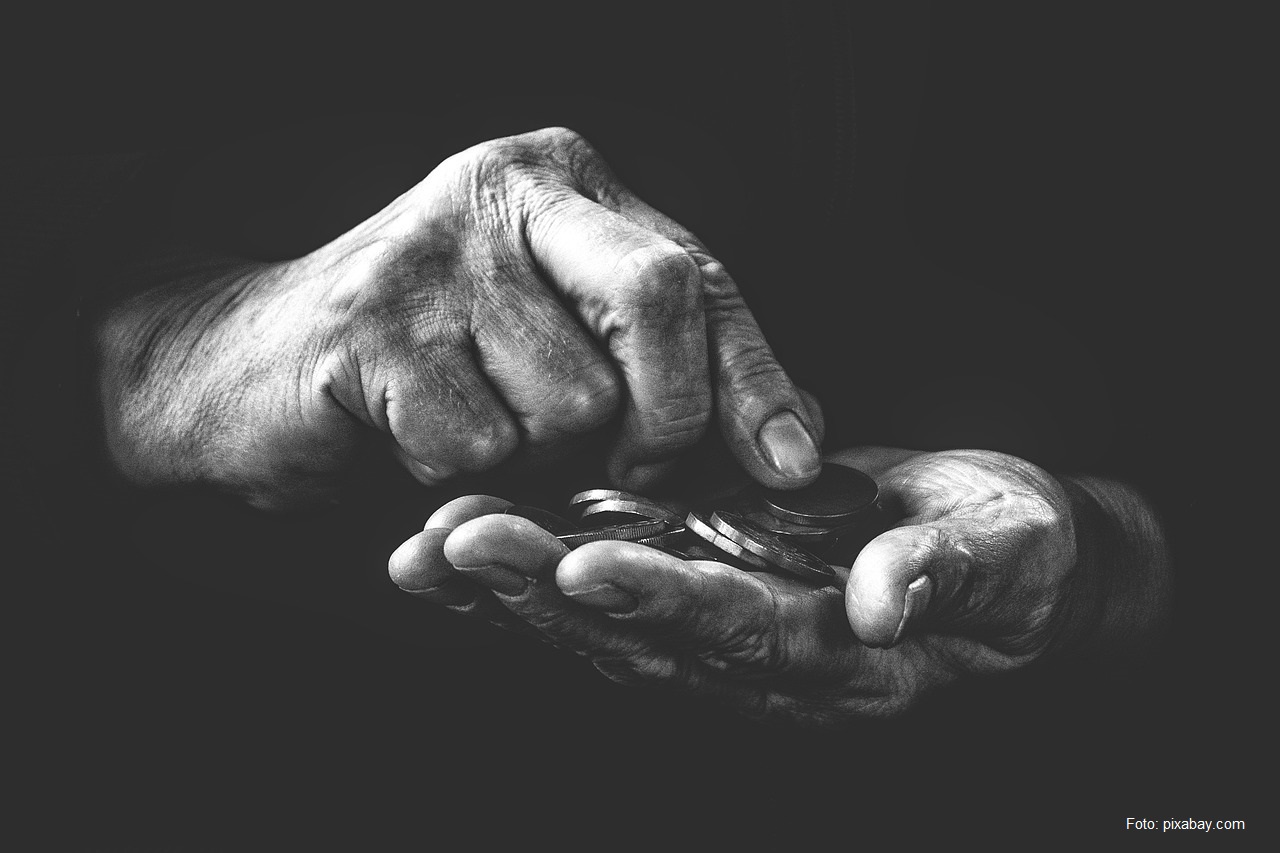Vulnerable Persons and the Social Economy
Social enterprises, already active for several years in Romania, prove to be extremely useful regarding the social insertion of vulnerable people

Christine Leșcu, 15.11.2023, 14:00
Social enterprises, already active for several years in Romania, prove to be extremely useful regarding the social insertion of vulnerable people. For example, the Workshops Without Borders association, through its social enterprises, employs people for a limited time and on minimum wage. These are persons who have difficulty finding work elsewhere: homeless people, single mothers, but victims of domestic violence, former inmates, and people struggling to get rid of a particular addiction. Some of them also receive counseling and retraining courses to prepare them to re-enter the labor market and live independently.
But who are these people? A complex answer is also provided by Workshops Without Borders through a study conducted recently, and presented to us by Claudia Petrescu, a sociologist at the Quality of Life Research Institute.
“We looked a little bit at the education level of these people. I always refer to the level of education when I talk about the vulnerabilities they have. 28% of the total sample have secondary education at most. They are quite few in number, and uneducated, but many of them practically did not manage to finish secondary school. In terms of income, 39% of our total sample has salary income. That’s gratifying, but 25% of that income is from insertion businesses or protected units, which is quite a lot. Only 14% have wages from open market jobs, basically from other employers. 55% have no steady income or no income at all. If we look a little at the problems of these respondents, know that their main problem is the lack of work. 40% said this was the main problem. This is followed by health problems, 34%, and lack of housing, 13%. In fourth place are difficulties related to childcare. They are important because we have quite a few victims of violence. We have quite a few women who have nowhere to leave their children during an 8 hour job. Among those who declared that their main problem is the lack of a job, 22% have a secondary school education at the most. That’s why I said that the level of education of these people is important.
Another problem of vulnerable people is poor health. This is not about disabilities, because people with disabilities fall into another category, but often about chronic diseases. In this case, not only the chances of employment are reduced, but also the possibility of keeping a job, since their health may not allow sustained effort. That is why social enterprises make sure that these people manage to keep their jobs. Here is Claudia Petrescu.
“It’s extremely important to understand that it’s not just about giving them a job, but also those support services to keep them in that job. It is not very easy. There are people who had no education, people who somehow, through the social enterprises of insertion, managed to go to a vocational school and so on. These are not the only important things. The counseling part is extremely important in these insertion social enterprises. Those who have such insertion social enterprises know how many hours they allocate just to inform and advise these people. There are cases where today someone comes to work, but tomorrow they don’t, you don’t know why they don’t come, and you try to find them and find out where they are and what they need, so that you can keep them there at work. And this thing can last from a month of support to a year or two, until some of them can get employment on the open market.
And the free market needs labor, as other research by the Concordia Employers Confederation demonstrates. Radu Burnete, the executive director, elaborates.
“As many of us notice, although we are no longer a poor country, we sometimes look like one. And that’s rather the problem. But why should we say that Romania is a poor country? We are the tenth economy in Europe. We have surpassed economies like the Czech Republic, Finland, Portugal, Greece. Just ahead of us are Denmark and Austria. I’m not talking about the per capita income, but about Romania’s economy as a whole. We also have capital, including domestic capital. There is quite a lot of money in Romania, we also have foreign investments. So we have money, we have technology. In addition, we produce quite a lot of extraordinary things in Romania. But we have a people problem, in that we have too few people for this economic growth. If we were to stay on the current trajectory, we won’t get where we want because we don’t have enough people.
But what do the statistics say about this gap? Where, in fact, are those who could be active in the labor market? Many went abroad, but Radu Burnete offers another possible explanation.
“According to the National Institute of Statistics, in 2020-2021, in Romania there were about 12 million people able to work, between 15 and 64 years old. Of these 12 million people, about 8 million work. They are active people, they do something and get some kind of income. But we also have 4 million people who are completely absent from the labor market. They are between 15 and 64 years old. They could theoretically work, but they don’t. This means that the number of employed people in Romania is much lower than in the region. And I think this is a question that should concern us, because a part of these four million people are definitely vulnerable people.
Therefore, there is still much to be done to improve the situation of vulnerable people once they leave the social enterprises of insertion, if they even manage to get there.






























